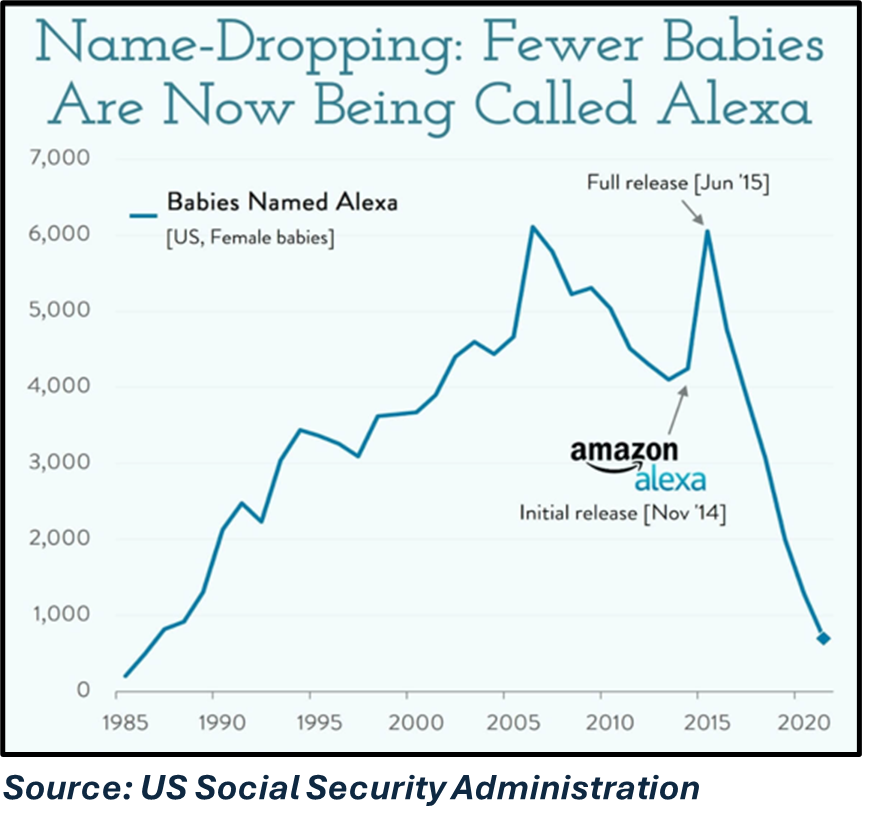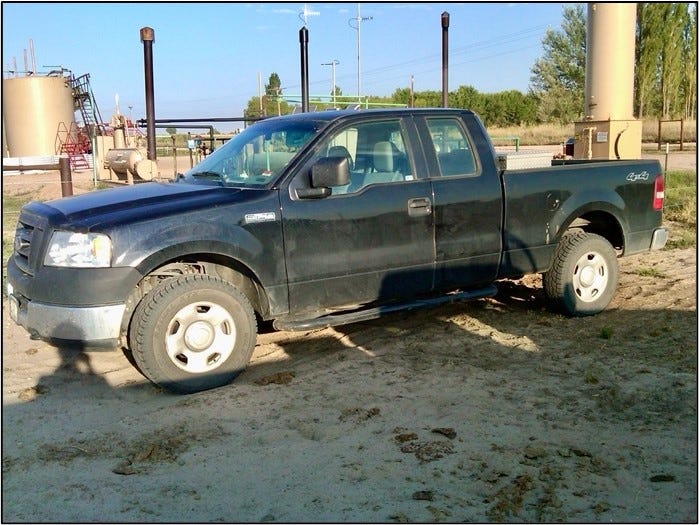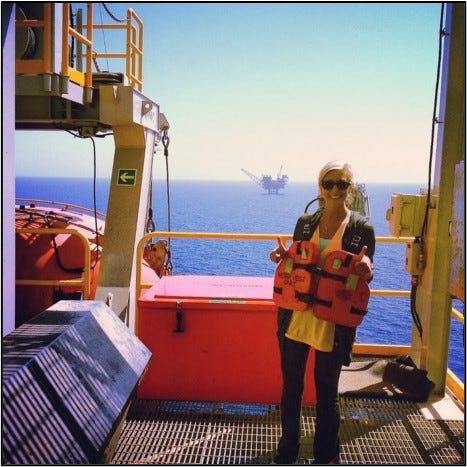Pivoting to Pontem
A Recovering Engineer's Journey
First things first: my name is Alexa – I had it before Amazon. I am not a machine, please do not speak to me like one. My name also means helper of mankind, and I like to help people by solving problems. I don’t own an Alexa and I don’t always respond if I hear my name anymore. The ‘name-dropping’ data doesn’t lie; and if I may be so bold, I think we all love data here.
How Did I Get Here? Great Question.
Honestly, I had absolutely no idea what petroleum engineering was, or what being an engineer entailed when I signed up for it. My high school calculus teacher said it would be a shame if I wasn’t an engineer (can’t say he was wrong) and my high school boyfriend’s dad, a geologist, said if I go to Texas, do petroleum – a dying major at the time. My mother, on the other hand, thought engineering was “a waste of my creativity.” Growing up I was always into art, designing things, building things, perfecting things, and figured architecture was a logical path. After seeing cots in the architecture school at UT, I decided I wasn’t going to sleep at school. That is how I stumbled into petroleum engineering at the University of Texas at Austin. I chose UT because I loved Austin…College Station made me feel caged. I continued to love math and arriving at solutions, so much that UT asked me to compete on their calculus team – I could have been a mathlete.
The real story begins when I chose to intern with Noble Energy. My summer internship was spent working on offshore Gulf of Mexico (GoM) exploration, proposing the next exploratory well location in a drilling campaign (which I will later revisit). Adding that extra zero to all costs makes things way more exciting. I accepted a full time offer with Noble Energy and entered a three-ish year rotation training program. At the time, all engineers were required to complete one year in the field. Like, actually working outside. Before sitting behind a desk writing up jobs to be done, I figured it’s probably best to know the means of doing them. All about perspective, right?
My Corporate Gypsy Era:
After graduating I moved straight from Austin to Denver, CO to begin my first rotation as a field engineer in the DJ Basin. The office was in Platteville, but again, I’m a city girl, and I didn’t spend much time in the office anyway. My office was my truck, Black Beauty (pictured below). That was one of the best and worst years of my life.
I was a pumper for the three months before winter: running a route, gauging tanks, tearing apart separators, unloading wells off the highway, and radio calling in loads. GPS wasn’t a thing, automation was only beginning, and I got stuck in irrigation pivots multiple times a day. I cried a lot. Nothing is worse than being lost in a corn field except doing two 360’s on black ice the week fleet trackers were installed – I got an Explorer the day after. The next three months were spent supervising fracs, and three months managing a workover rig/crew. The real value came from learning to connect and communicate. The real takeaway – always take care of your people.
Back to Houston working the Gulf of Mexico for my second rotation. Timing worked out perfect, as the well I helped propose during my internship was drilled, completed, and part of a 3 well subsea tieback back to the big deepwater Nakika facility. I was spoiled to work my first subsea startup my second year out of school and click ‘open choke’ in the control room. My first trip offshore was a week stint during the three well ramp-up, and on the second day, alarms went off and the five words you never want to hear “this is not a drill” echoed throughout the platform. Turns out it was just a lightning strike, but sh*t got real. High frequency data was the name of the game and the lovely world of PTA and flux limitations prevailed.
I was told my final rotation was going to be in offshore drilling. No offense, but no thanks. I picked up the phone and created my own opportunity in the Eastern Med, working operations during the startup of Tamar (my second subsea startup) for 30 days ‘on’ and working subsurface in the Houston office when I was ‘off.’
My role was interfacing operational challenges with subsurface data needs. Israel is amazing, but being 25 years old with four phones, three laptops, and two lives got tough. This was about the time I really got to know Tommy. Aside from being locked in a room nearly four days, we went on an adventure exploring Masada, Ein Gedi, and the Dead Sea, while listening to our local tour guide tell us religious stories. He got the good Samaritan confused with Jesus. God bless.
Private Equity Chains:
Noble started changing directions and I ultimately found myself at Fieldwood Energy, who also acquired all of Noble’s deepwater assets. However, I was working the shelf. The ugly, messy, old stuff. I grew personally and professionally here, as no one was holding my hand anymore. I enjoyed flipping fields into profits, and learned there are still gems in shallow waters, but missed the deepwater risk and opportunity.
So, I took a position with Enven Energy in February of 2020 to fill this void, right before COVID hit. The team was lean, perfectly curated to work hard, play hard, turning life into work and work into life. Culturally unlike any place imaginable and I’m forever grateful for my time there. Unfortunately, in the world of private equity, it comes down to what makes sense in a spreadsheet, and being diminished to a spreadsheet, for lack of a better word, sucks. For me, it dwindled my passion. We reminded ourselves we are here for a good time, not for a long time. That time came in 2023 when Talos acquired EnVen.
Many of us in industry share the same sentiment. We keep pressing Escape, but we are still here.
Ending the Sabbatical
I opted to be severed, to take the money and run. I was ready for something new but didn’t know what that was; and I wasn’t quite ready to hang up the engineer cleats. I wanted to use my skillset elsewhere and build on them in different spaces since there are so many parallels across fields. Still, I interviewed for similar reservoir engineering roles, and after having two offers fall through, I took a giant step back wondering what life was making me wait on/for. Networking like a crazy woman, befriending architects, even exploring the tech space and still, nothing came to fruition.
Then, I got a text from Tommy – it was about the Astros (go figure), but during a catch-up I learned about Pontem Analytics, the perfect pivot. My skills from my past life stay relevant and get to be unleashed in other industries. As a recovering engineer, linking data and discipline in multiple spaces is genius, and I believe other industries, as well as energy, can capitalize from Pontem’s approach. It takes an innovative, creative, solution-based group of people comfortable with unknown limits, and I’m excited to join this team!
Stay tuned.







Thanks for sharing your story Alexa! As a Noble "alumni" who has pivoted out of O&G and into a different part of Energy - it resonates with me. Have fun!